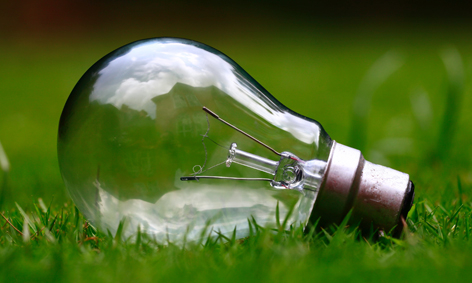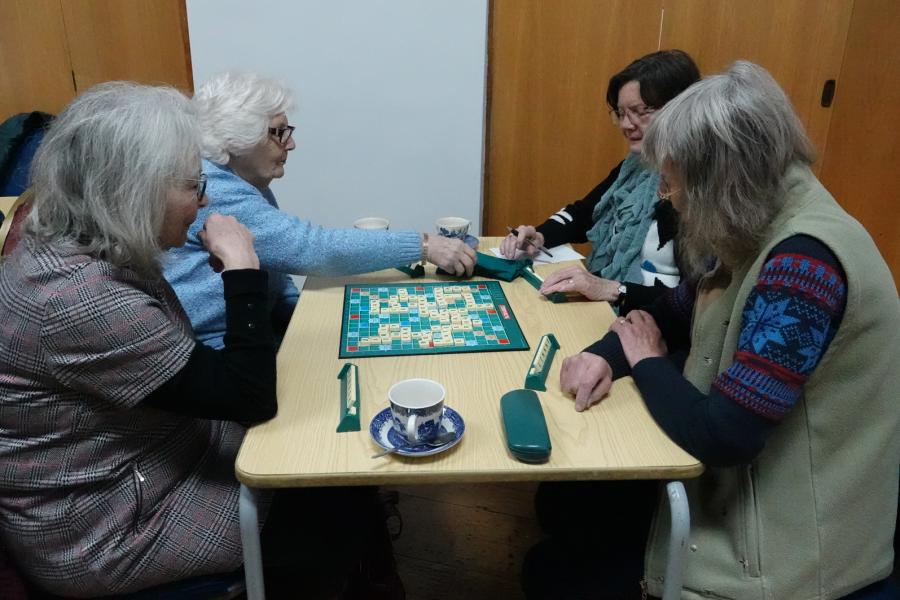.jpg) In the latest in our Called to Action series, the Diocesan Climate Crisis group offers some top tips to save energy and reduce your bills!
In the latest in our Called to Action series, the Diocesan Climate Crisis group offers some top tips to save energy and reduce your bills!
1. Check your bills
Regularly check meter readings, see if you can get a Smart Meter, and watch the standing charge on electric bills. You should not be paying more than 5% VAT or the Climate Change Levy (CCL) and can ask for back pay if you have been paying before.
Completing the Church of England Energy Footprint Tool helps you see your usage compared to other, similar churches.
2. Boiler thermostat
Check the frost setting on your boiler thermostat is properly set, ideally 3-5 degrees, otherwise it's coming on and off.
3. Heat people rather than the building
Use pew cushions or runners and use breathable matting on the floor. Encourage or provide hot water bottles. Have a store of blankets available. Try heated cushions!
4. Meet elsewhere
Relocate meetings from the church to a warmer location, such as a local pub. Try changing the times of services to give the building a chance to warm up with sun. Use smaller, enclosed areas such as side chapels. Create warm hubs with the use of a gazebo within the church with electric infra red heaters.
5. Turn off outdoor lighting
Reduce or cease the church’s outdoor flood lighting.
6. Hot water
Try reducing the temperature of hot water
7. Check radiators, boilers etc
Clean your radiators and pipes, dust can act as an insulator and make them inefficient. Have your boiler and radiators serviced, bleed radiators if they’re cold at the top and flushed out if cold at the bottom. Check all the appliances in the kitchen are running efficiently and run them in eco mode if they have one.
 8. Lighting
8. Lighting
Use LED light bulbs, these can use up to 90% less energy.
9. Move closer
Congregations sitting closer together and singing more can create natural warmth.
10. Watch the ChurchCare webinar on Housekeeping and Quick Wins.
This webinar tells you where to start. Practical steps like setting boiler / heating controls, DIY draught proofing, timers, water saving, procurement of energy and energy bills. Simple steps that don’t cost the earth. Find it here
Find more practical suggestions on the Church of England's website.

